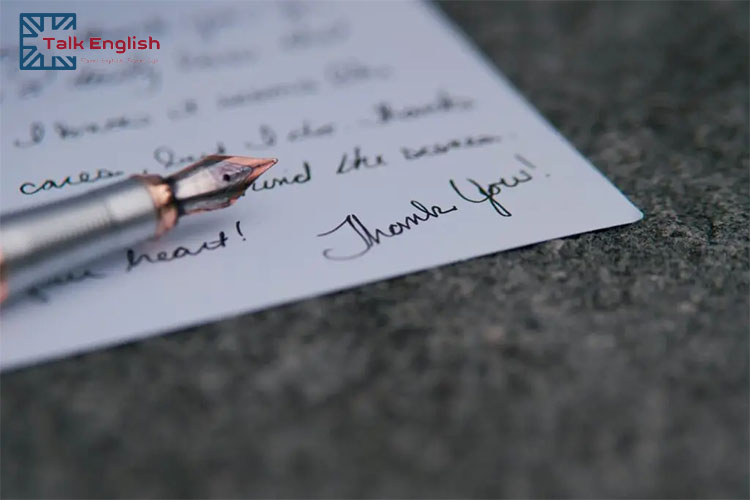Oxymoron là gì? Ứng dụng trong IELTS Speaking như thế nào?
Bài viết này sẽ giới thiệu định nghĩa và những cụm từ oxymoron phổ biến. Ngoài ra, tác giả cũng đề cập đến cách áp dụng chi tiết cấu trúc ngữ pháp này trong bài thi IELTS Speaking.
Phép nghịch hợp oxymoron là gì?
Phép nghịch hợp hay còn được gọi là oxymoron được định nghĩa như sau theo từ điển Cambridge: “a phrase or statement that seems to say two opposite things” - một cụm từ hoặc câu nói bao gồm 2 sự vật, sự việc đối ngược.
Các từ cấu tạo nên một phép nghịch hợp thường có ý nghĩa trái ngược nhau nhưng ghi ghép lại thì chúng tạo nên một ý nghĩa mới mẻ. Phép nghịch hợp được sử dụng rộng rãi trong tiếng Anh giao tiếp và học thuật.
Ví dụ: bittersweet (adj)
-
bitter: đắng
-
sweet: ngọt
Tính từ “bittersweet” được cấu tạo bằng 2 từ có ý nghĩa trái ngược là đắng và ngọt. Khi ghép lại thành 1 từ, tính từ này dùng để chỉ những sự vật, sự việc có sự pha trộn của cả hạnh phúc và nỗi buồn.
=> The movie reminds me of bittersweet memories. (Bộ phim gợi lại cho tôi về những kỷ niệm buồn vui lẫn lộn.)
Những cặp từ nghịch hợp phổ biến trong tiếng Anh.
Small crowd
“Crowded” is an adjective that means “a large amount of people in one area.” As a noun, it becomes “crowd.” So a “small crowd” is a vague, or unclear, expression. There is no exact number that separates a small crowd from a big crowd, so it depends on the situation you are describing. This term is often used on the news, so be sure to listen for it.
Old news
“News” usually refers to the newest information about current events. However, “old” is the very opposite of “current.” The oxymoron "old news" is used to refer to information that someone is learning late or after everyone else has already heard it.
Awfully good
“Awful” is a strong adjective that means “terrible” or “very bad.” But in the adverb form “awfully,” it can be used as a way to emphasize things. So “awfully good” is another way to say “extremely good.”
Good grief
“Grief” expresses sorrow, but this combination of words does not literally mean “grief that is good.” Instead, it's used to express surprise and annoyance. It's a less-religious version of the phrase “Good God!” or “Good Lord!”
"Good grief!" is actually a famous line often said by Charlie Brown from Peanuts!
Inside out
This is one of the most common everyday oxymorons, and its meaning should be easy to understand.
Inside Out is also the title of a Pixar movie from 2015. We'll discuss movies more in just a little bit...
Passive aggressive
Being aggressive is being forceful, bold, direct or even violent in your actions. On the other hand, being passive aggressive is being silent, slightly disrespectful or lazy as a way to indirectly show your negative feelings toward another person. It is not considered a positive thing.
Tổng kết
Trong bài viết trên, tác giả đã giới thiệu một cấu trúc ngữ pháp nâng cao - phép nghịch hợp oxymoron. Người học hãy tham khảo các cụm từ nghịch hợp phổ biến được nêu trong bài và áp dụng chúng vào bài nói IELTS một cách thành thạo để có thể nâng cao band điểm của mình.
TIN TỨC LIÊN QUAN
17 Cụm động từ phổ biến đi với GET trong tiếng Anh bạn cần biết
Lần này, chúng ta sẽ tập trung vào từ "get," và cũng giống như những động từ khác mà chúng ta đã học, phạm vi ý tư�...
Những cách nói Thank You trong tiếng Anh giúp bạn giao tiếp tốt hơn
Thực ra, có rất nhiều cụm từ khác mà bạn có thể sử dụng để bày tỏ lòng biết ơn của mình. Hãy xem các lựa chọn...
Cách nói về chủ đề Phim ảnh trong tiếng Anh
Để giúp bạn tham gia vào các cuộc thảo luận, bài viết này sẽ giải thích một số từ ngữ phổ biến nhất mà bạn s�...




